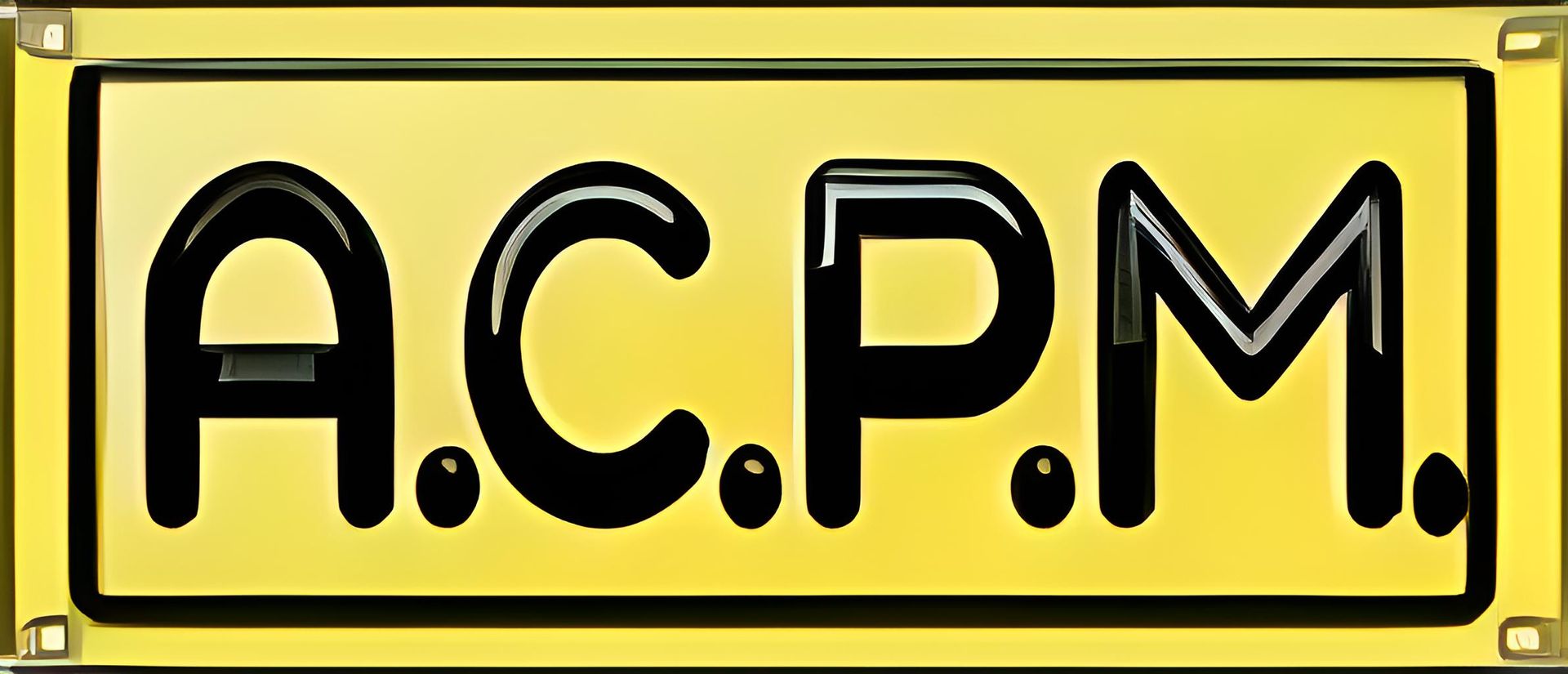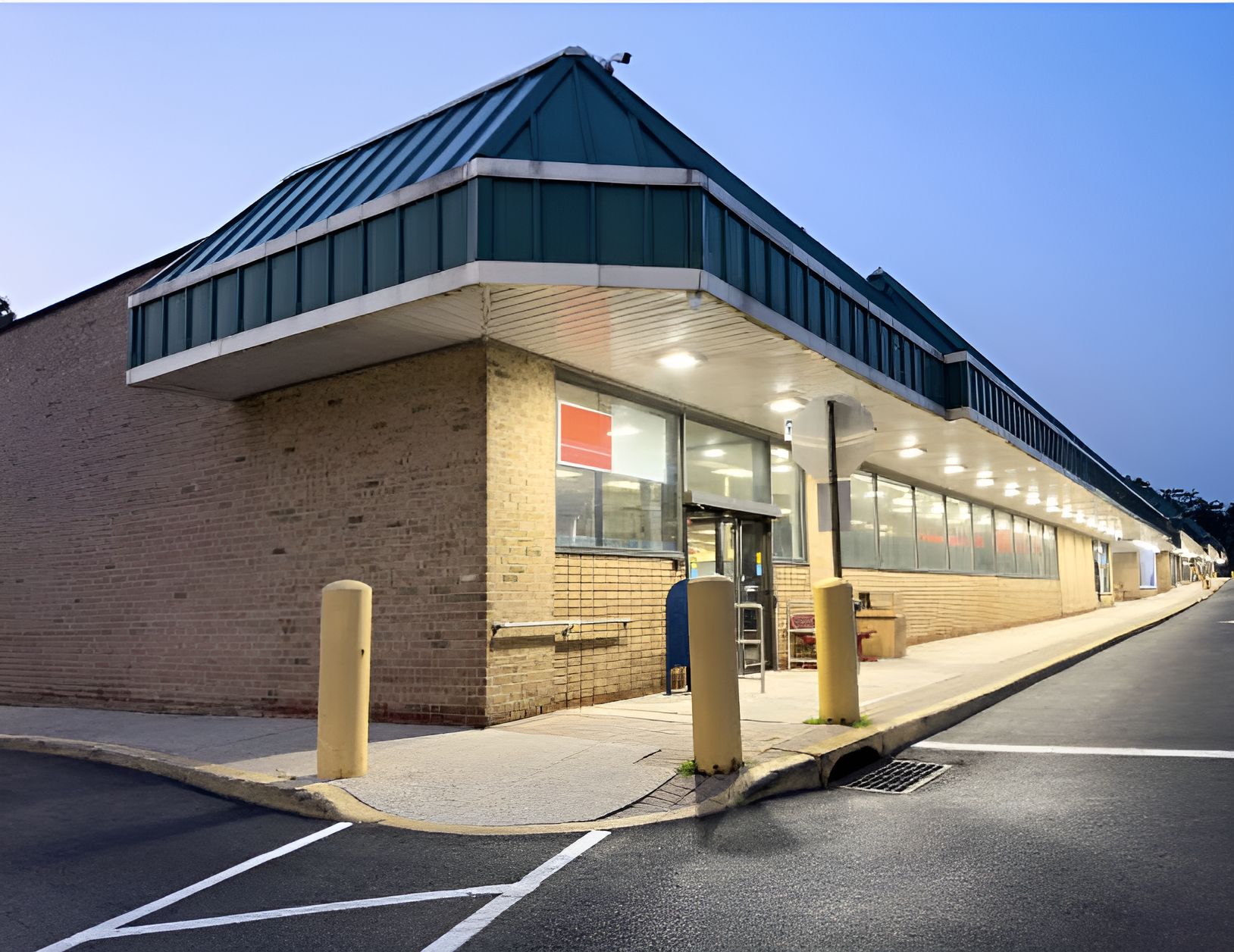Plumbing Tips for Retail Stores: Keep your Business Running Smoothly
Running a retail store involves juggling many responsibilities, from inventory management to customer service, marketing, and everything in between. However, one often-overlooked aspect of keeping a retail business running smoothly is maintaining the plumbing system. Plumbing issues in a store, whether it's a leaky faucet, clogged drain, or malfunctioning bathroom, can disrupt operations, annoy customers, and ultimately impact your bottom line. Below are some essential plumbing tips for retail stores to help ensure your plumbing system stays in good condition, saving you time, money, and hassle.
1. Regular Inspections Are Key
Just like any other part of your store, your plumbing system needs regular maintenance to function properly. Set up an annual or bi-annual plumbing inspection to catch potential issues before they become emergencies. During these inspections, a professional plumber will check for:
- Leaks in pipes or faucets
- Water pressure levels
- Drainage problems
- Corrosion or rust on pipes
- Proper function of water heaters
- Potential issues with toilets, sinks, and other fixtures
By catching issues early, you can avoid costly repairs and reduce downtime in your store. Regular inspections also extend the life of your plumbing system.
2. Maintain Proper Drainage
Clogged drains are a common plumbing issue, especially in retail stores where customers and staff are using restrooms, sinks, and kitchen facilities daily. To prevent clogs and other drainage problems, it’s important to maintain proper drainage practices:
- Install drain covers: Use drain covers in sinks and floor drains to catch debris before it enters the pipes. This simple measure can help prevent clogs from forming.
- Educate staff: Make sure your employees know not to pour grease, oils, or large food particles down sinks. These can quickly accumulate in pipes and lead to severe blockages.
- Schedule regular drain cleaning: Even with precautions, it's important to schedule periodic drain cleaning with a professional plumber. This helps prevent build-up and ensures smooth drainage.
3. Address Leaks Immediately
Leaking pipes and faucets can waste a significant amount of water and lead to higher utility bills. Additionally, leaks that go unchecked for too long can cause water damage to your store’s flooring, walls, or inventory. The longer a leak persists, the more costly it can become to repair. Here’s what you can do:
- Check for visible leaks: Inspect areas around sinks, toilets, and pipes for signs of moisture or dripping water.
- Fix leaks promptly: If you spot a leak, don’t ignore it. Call a plumber right away to prevent further damage.
- Upgrade to water-efficient fixtures: Consider upgrading to low-flow faucets and toilets, which not only reduce water waste but can also help lower your water bills.
4. Prepare for Peak Hours
During busy retail seasons or sales events, the plumbing system in your store may face a higher-than-usual load. For example, restrooms may see more foot traffic, or kitchens may experience more water usage. To prevent plumbing issues during these peak times:
- Increase water usage awareness: Make sure your staff knows how to manage plumbing resources wisely, such as turning off faucets when not in use.
- Perform preventative maintenance ahead of busy periods: Get your plumbing system checked before the busy holiday season or major sales events so you’re prepared for the higher demand.
5. Monitor Water Pressure
Sudden changes in water pressure could indicate problems with your plumbing system. Low water pressure can affect everything from handwashing to cleaning, while high water pressure can stress your pipes and cause leaks. Make sure the water pressure in your store is consistent and in the proper range (generally between 40-60 psi). If you notice water pressure problems, have a plumber check for issues such as:
- Leaky or clogged pipes
- Pressure regulator problems
- Water heater malfunction
A plumber can help adjust the pressure and make any necessary repairs to keep everything running smoothly.
6. Install a Water Heater Maintenance Plan
For retail stores with a breakroom, kitchen, or public restrooms, the hot water supply is crucial. A malfunctioning water heater can create inconvenience for both customers and employees. To keep your water heater in top shape:
- Check the thermostat: Set the thermostat to a temperature between 120-130°F to ensure you have hot water when needed without risking scalding or excessive energy consumption.
- Flush the tank: Over time, sediment can build up in the tank, reducing the efficiency of the water heater. Schedule annual flushes to remove sediment and improve performance.
- Regularly inspect for leaks: Like other plumbing components, water heaters are prone to leaks. Inspect the area around the water heater for any signs of moisture.
7. Ensure ADA Compliance in Restrooms
In many locations, retail stores are required to comply with the Americans with Disabilities Act (ADA), which includes guidelines for accessible restrooms. This may involve installing wider stall doors, adding grab bars, or ensuring proper sink and toilet placement. Regular plumbing maintenance ensures your restrooms stay functional and accessible to all customers, preventing potential legal issues and making your store more welcoming.
8. Educate Your Employees
Your employees play a vital role in maintaining the plumbing system at your store. Train them to spot potential plumbing issues early, and make sure they know how to handle basic tasks like:
- Turning off the water supply in case of an emergency (e.g., burst pipe)
- Reporting leaks or other issues immediately
- Properly disposing of waste (no paper towels, sanitary items, or grease down the drains)
By empowering your staff with plumbing knowledge, you can quickly address issues before they escalate.
9. Partner with a Trusted Commercial Plumber
Finally, one of the best things you can do to protect your store’s plumbing system is to establish a relationship with a trusted commercial plumber. A professional plumber who specializes in commercial properties will have the expertise to address unique issues and provide tailored solutions for your business. They can also help with emergency repairs, system upgrades, and ongoing maintenance plans.
Conclusion Maintaining your retail store’s plumbing system is a critical, often overlooked aspect of operations. With regular inspections, proper drainage maintenance, and attention to leaks and water pressure, you can keep your plumbing system functioning efficiently. Addressing potential issues early, especially during busy periods, can save your store time, money, and frustration. And with a little proactive care, you’ll ensure that your customers and employees enjoy a comfortable, hassle-free experience in your store.
If you're ready to schedule a plumbing inspection or need assistance with your retail store’s plumbing needs, don’t hesitate to contact us. Our team of experienced commercial plumbers is here to help you keep your business running smoothly!

